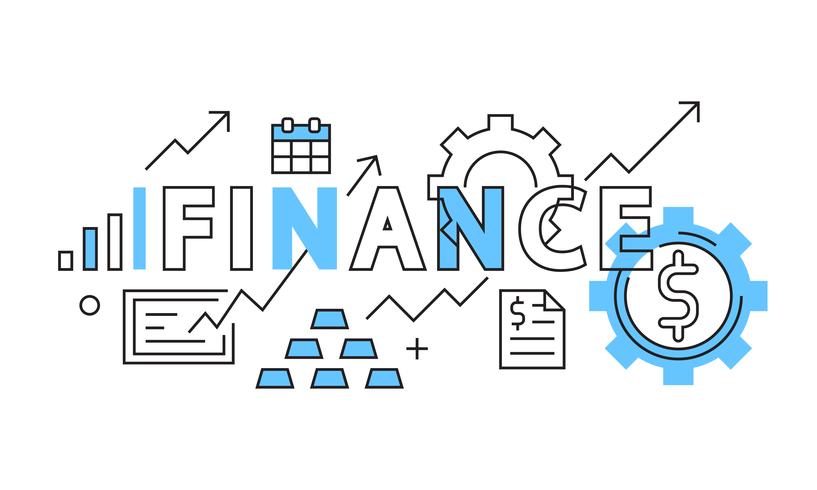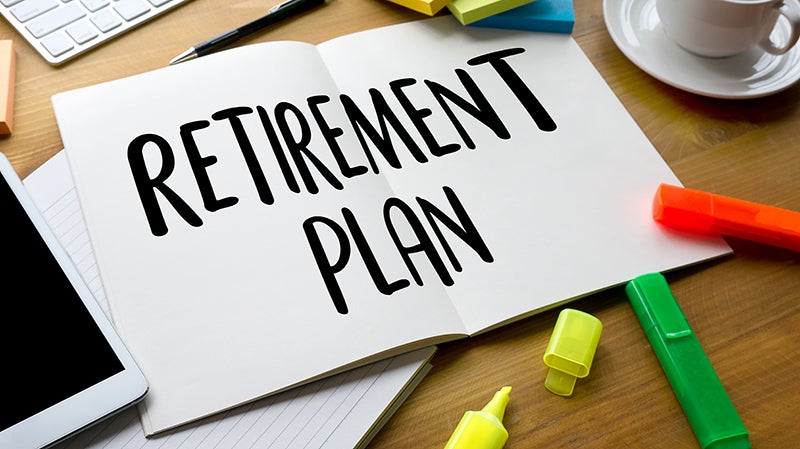Retirement Planning for Empty Nesters: Adjusting Finances and Lifestyle
You can expect it to drop 20% or more every few years, and 40% or more once a decade. So money you want to keep safer — especially if you need it in the next three to five years — should be kept in cash or bonds. Consider a target retirement fund, which provides a prudent asset allocation based on your retirement date and gets gradually more conservative as the date approaches. The old rule of thumb used to be that you could fund a stable retirement by saving 10% of household income annually.
Getting Started

For those ineligible for … Read More




